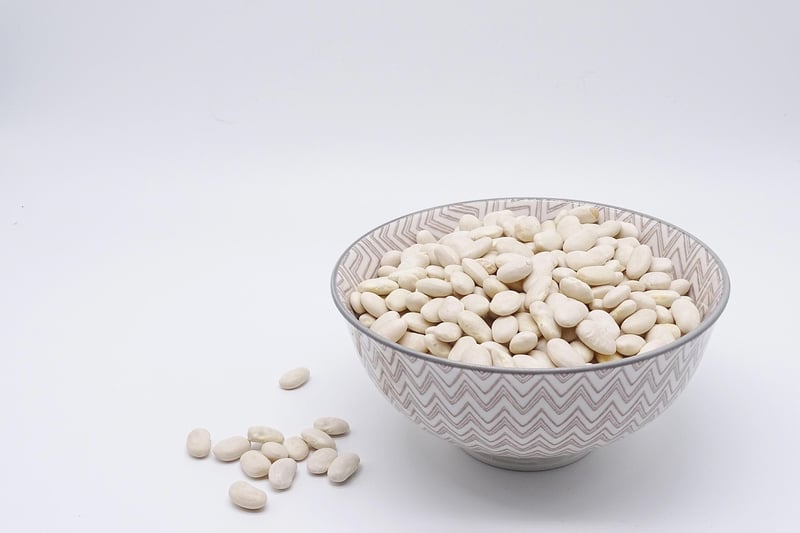Plant-based Options
The Essential Components of a Plant-Based Diet
Switching to a plant-based diet has gained popularity in recent years due to its numerous health benefits and positive environmental impact. If you're considering adopting a plant-based lifestyle or looking to incorporate more plant-based options into your meals, understanding the key components of a plant-based diet is essential.
1. Fruits and Vegetables
Colorful fruits and vegetables should form the foundation of your plant-based diet. They are rich in vitamins, minerals, antioxidants, and fiber, which are essential for overall health and well-being.

2. Whole Grains
Include whole grains such as brown rice, quinoa, oats, and whole wheat in your meals. Whole grains provide energy, fiber, and important nutrients like B vitamins and minerals.

3. Legumes and Pulses
Legumes like beans, lentils, and chickpeas are excellent sources of plant-based protein, fiber, and various vitamins and minerals. They are versatile ingredients that can be used in soups, stews, salads, and more.

4. Nuts and Seeds
Nuts and seeds are packed with healthy fats, protein, fiber, vitamins, and minerals. They make great snacks or toppings for salads and can add crunch and flavor to your dishes.

5. Plant-Based Proteins
Explore plant-based protein sources like tofu, tempeh, seitan, and plant-based meat alternatives. These options can provide the protein you need while being lower in saturated fat compared to animal sources.

By incorporating these key components into your diet, you can enjoy a variety of delicious and nutritious plant-based meals while reaping the benefits of a plant-powered lifestyle.
Remember to consult with a healthcare provider or nutritionist before making any significant changes to your diet to ensure you meet your nutritional needs.
